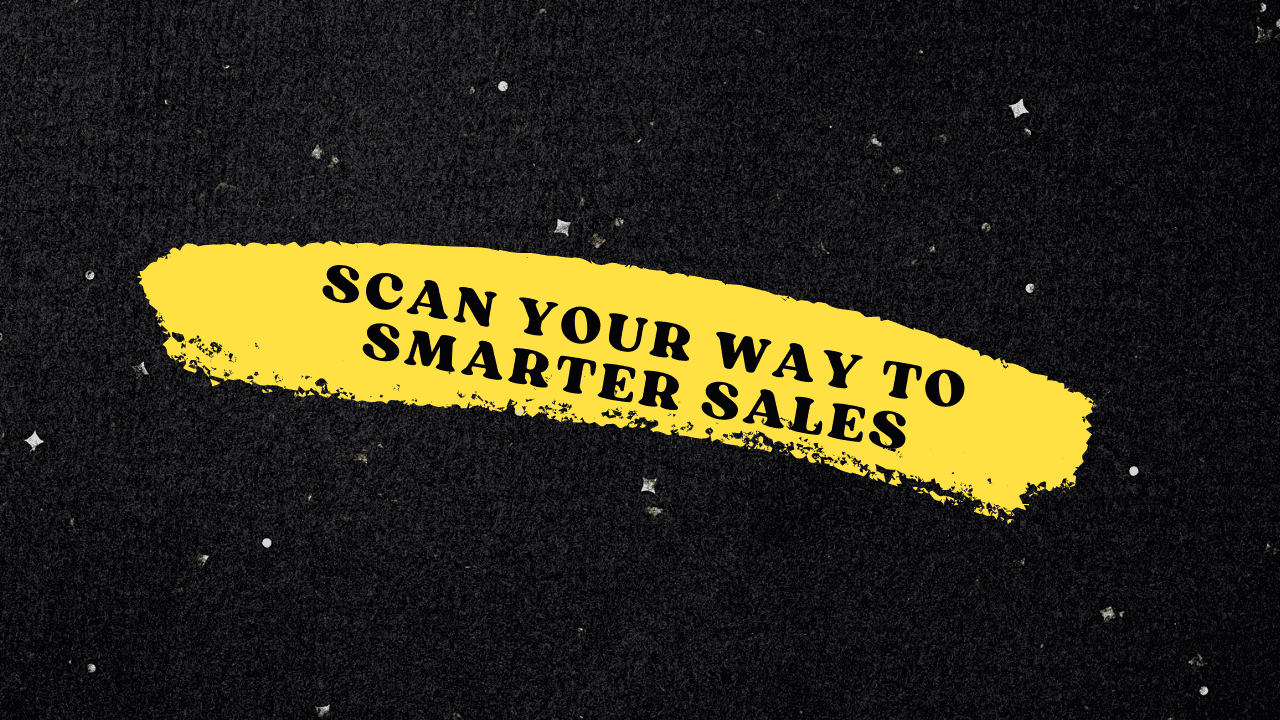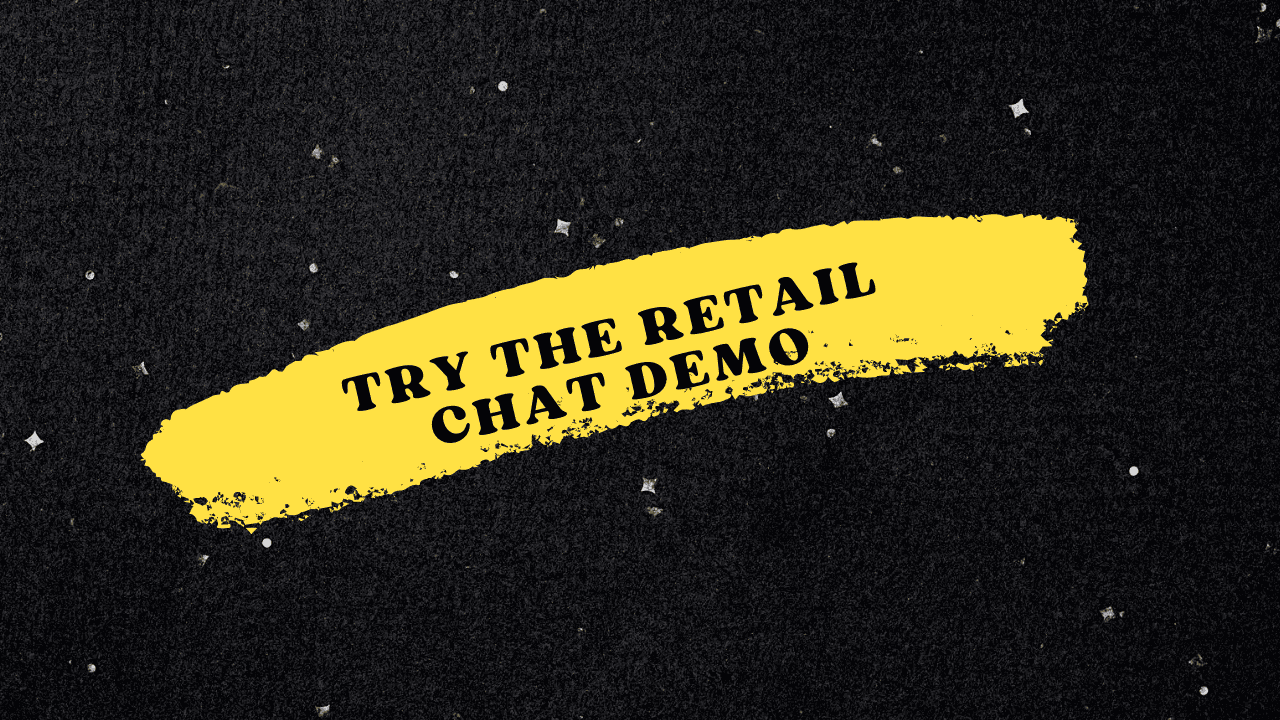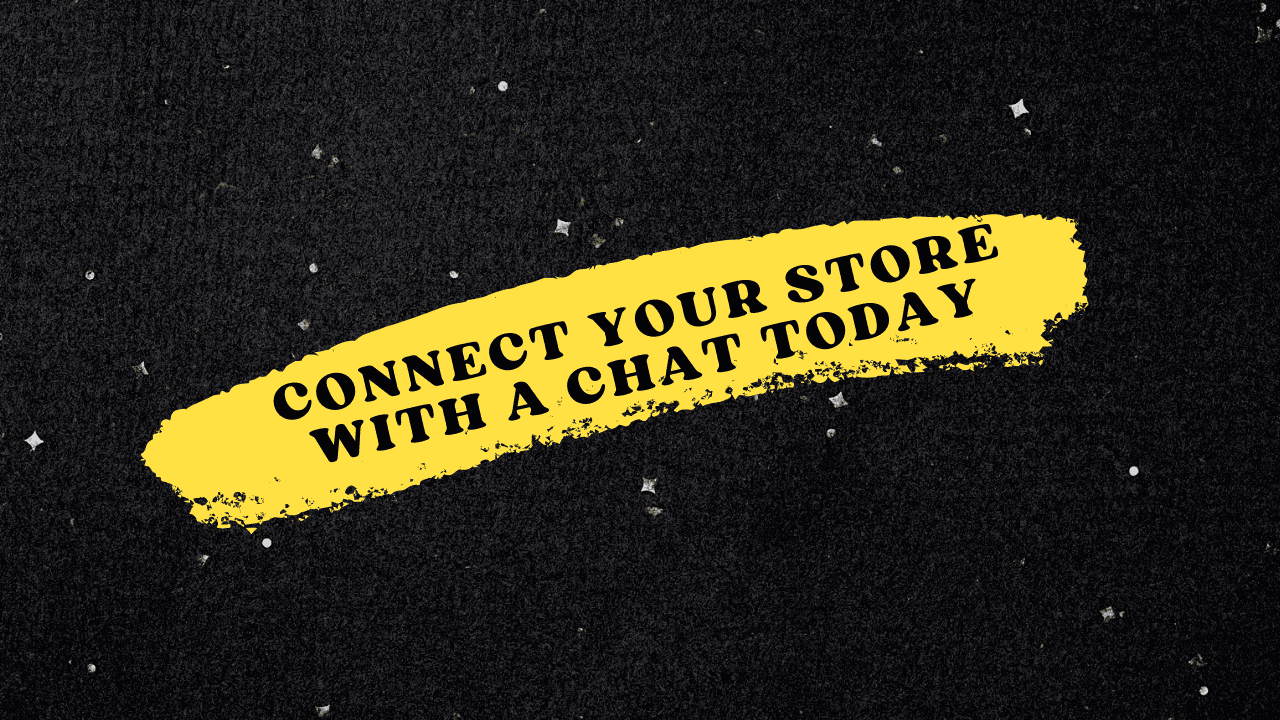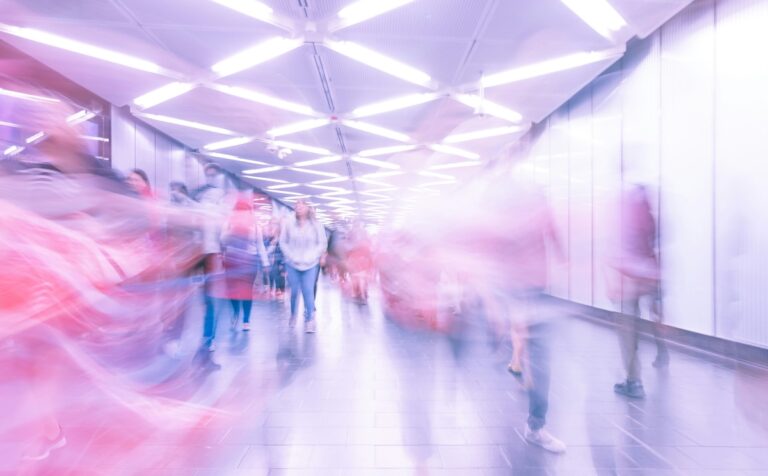Why QR Codes Are Retail’s Smartest Tool in 2025
From price tags to smart touchpoints—how QR codes are reshaping in-store experiences
Walk into any retail store in 2025 and you’re likely to see something once considered outdated making a huge comeback: the QR code.
Once dismissed as a novelty, QR codes have quietly become one of the most powerful tools in modern retail. But this time, they’re not just linking to websites—they’re opening conversations.
Welcome to the next evolution of retail QR marketing, where smart codes trigger instant, personalized chats that drive engagement, boost conversion, and turn every shopper into a potential lead.
The challenge of modern retail: digital expectations in physical spaces
Retailers today face a unique challenge:
Consumers shop in physical stores—but with digital expectations. They want:
- Product details at their fingertips
- Personalized recommendations
- Instant answers from real (or smart) assistants
- Quick paths to purchase—even after leaving the store
And they expect all this without waiting in line, downloading an app, or searching for staff.
That’s where QR codes + conversational marketing come in.
Why QR codes are finally working in retail
QR codes have seen explosive growth post-pandemic—but now they’re evolving from static scan points to interactive commerce tools.
Here’s why they’ve become essential in retail:
✅ Smartphone-native
Everyone knows how to scan now. No extra apps. Just open the camera and go.
✅ Instant connection
QR codes don’t just link—they launch chats in WhatsApp, Messenger, or Instagram DMs, turning scans into conversations.
✅ Dynamic personalization
You can change where a QR code leads without reprinting. Offer different flows based on time, inventory, or promotions.
✅ Measurable impact
With platforms like Chatvertize, every scan, chat, and conversion is trackable—finally giving in-store campaigns clear ROI.
The new retail funnel: From shelf to chat to sale
Let’s say a shopper walks into your store and sees a display:
👟 “Not sure which shoe is right for your workout? Scan to chat with our fit expert on WhatsApp.”
They scan. A chatbot opens with:
- A quick quiz (use case, size, support level)
- Product suggestions based on input
- A promo code or store map link
- A follow-up message post-visit
Just like that, your static shelf becomes a smart sales assistant.
Real-world use cases for QR + chat in retail
Here are five high-impact ways retailers are using QR codes to connect physical and digital:
1. Product assistance
Place QR codes next to high-consideration items (tech, beauty, shoes). Let customers chat with a bot to compare features, get recommendations, or read reviews.
2. In-store promos
Run QR-triggered WhatsApp promotions like “Scan to get 10% off today only.” Users join a chat, receive a coupon, and get added to your marketing list.
3. Store navigation
Large store? Use QR codes that open a chat-based store map or guide. Customers ask “Where are the jeans?”—the bot responds instantly.
4. Customer support
Post-sale support? Let customers scan the QR on packaging to get instant answers about returns, sizes, or usage tips—no hotline needed.
5. Loyalty enrolment
Instead of asking shoppers to fill out forms at checkout, use “Scan to join our loyalty club” codes. They opt in via chat—fast and frictionless.
Benefits for retailers
QR codes combined with chat aren’t just convenient for customers—they solve real challenges for store teams and marketers:
✅ Lighten staff load
Bots handle basic questions, freeing up team members for high-value interactions.
✅ Capture in-store traffic
Unlike anonymous footfall, QR chat lets you collect data, qualify interest, and follow up later.
✅ Enable cross-channel retargeting
Once a shopper chats, you can retarget them with new drops, restocks, or online offers—on the channel they use every day.
✅ Measure offline ROI
See exactly which poster, shelf, or signage drove the scan, chat, and conversion.
Chatvertize in action: Retail campaign success
A lifestyle apparel brand used Chatvertize to enhance their in-store merchandising. They added QR codes to fitting rooms that read:
“Need help choosing your size? Chat with us on WhatsApp.”
The chatbot asked about fit, style, and fabric preferences. Based on responses, it suggested alternatives and checked in-stock availability.
Results:
- 3x higher engagement on QR-based zones
- 42% opt-in rate for future campaigns
- 18% increase in average basket size for users who scanned and chatted
Retail went from reactive to interactive—and revenue followed.
The future is phygital: Merging physical retail with digital interaction
Retail success no longer depends solely on store design or shelf space. It depends on connecting with customers where they are—on their phones, in the moment.
By combining QR codes with real-time chat flows, retailers can:
- Enhance customer experience
- Increase conversion and loyalty
- Track and optimize in-store marketing
- Create a truly phygital journey





